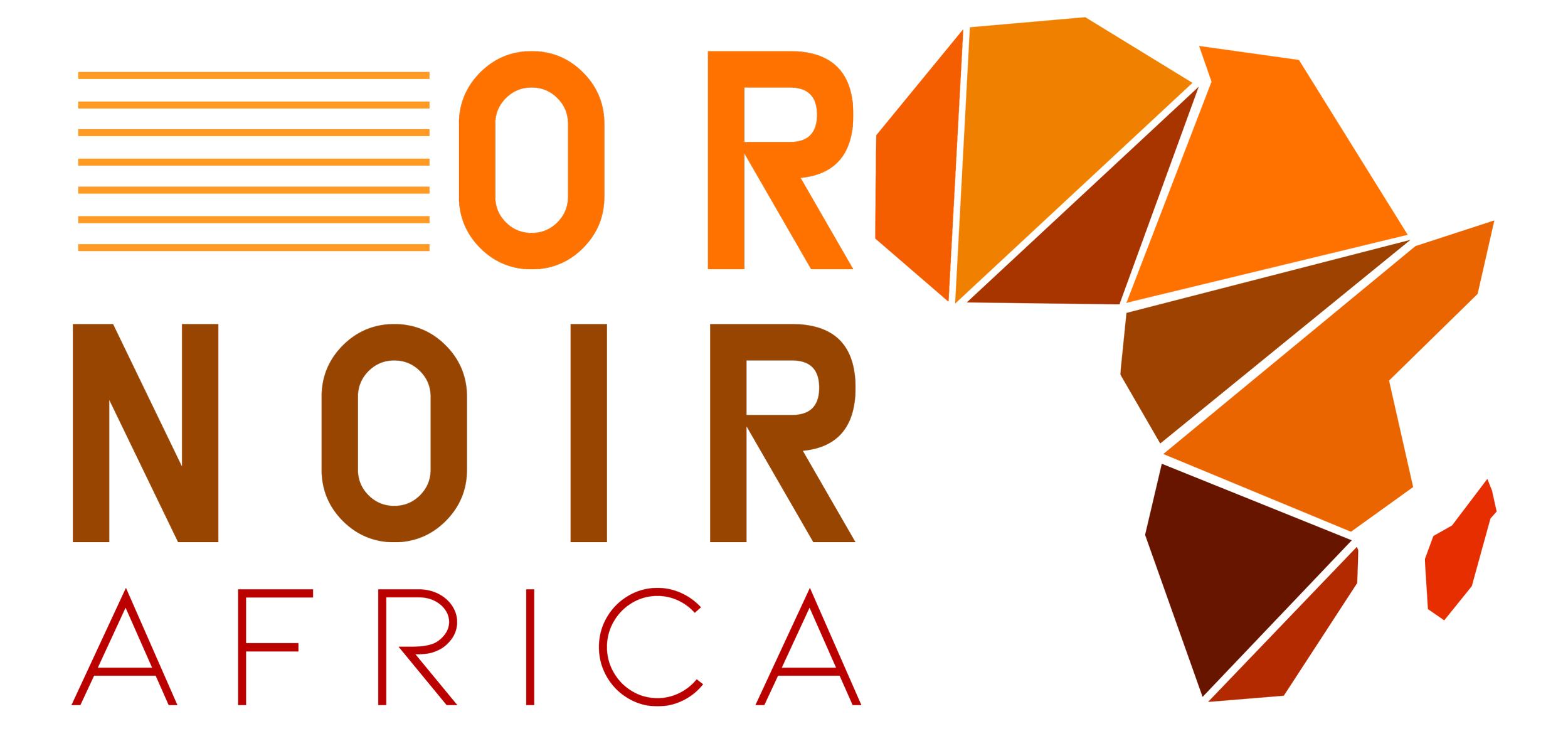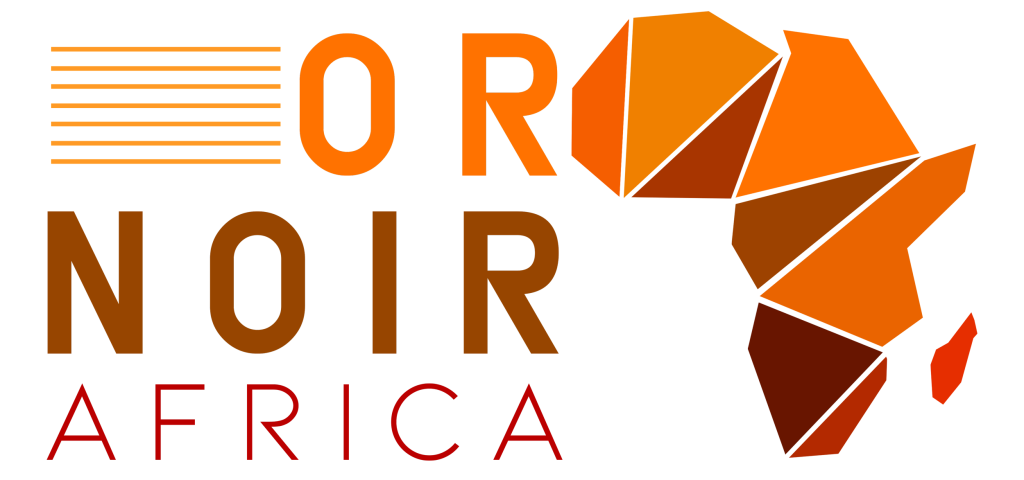Le Premier ministre ivoirien, Robert Beugré Mambé, a déclaré que le secteur pétrolier et gazier pourrait constituer le second levier d’une croissance soutenue et durable de la Côte d’Ivoire après l’agriculture qui compte 22% du PIB.
Le secteur pétrolier et gazier va constituer le second levier d’une croissance soutenue et durable de la Côte d’Ivoire», a-t-il déclaré lors de son intervention à l’occasion de la cérémonie de lancement de la plateforme du contenu local relative aux activités pétrolières et gazières.
Le contenu local est un ensemble d’exigences légales et réglementaires destinées à inviter les entreprises du secteur pétrolier et gazier opérant en Côte d’Ivoire à intégrer dans leur processus de production un contenu local en matière de recrutement du personnel, de recours aux prestataires et fournisseurs de biens ainsi que de transferts de technologies.
Il a lancé un appel aux sociétés pétrolières et gazières ainsi que leurs partenaires pour qu’ils s’engagent résolument en faveur du contenu local.
Plusieurs gisements pétroliers et gaziers tels que les gisements Baleine et Calao ont été récemment découverts en Côte d’Ivoire.
«Nous pouvons aujourd’hui affirmer que les conditions sont réunies pour permettre à l’Etat et aux Ivoiriens de tirer pleinement profit des retombées des activités pétrolières et gazières sur notre territoire», s’est réjoui le chef du gouvernement.
Le secteur pétrolier et gazier, un levier majeur du développement économique et social
Dans son programme de gouvernance, a-t-il poursuivi, le secteur pétrolier et gazier a été identifié comme un levier majeur du développement économique et social de la Côte d’Ivoire nouvelle qui s’est réveillée. Dès lors, les efforts soutenus de tous les acteurs du secteur et de l’Etat se sont déployés dans une synergie d’ensemble depuis 2011 pour promouvoir l’exploration et la production pétrolière et gazière, ainsi que la réalisation d’importants gisements dans les infrastructures nécessaires à la distribution des produits pétroliers et gaziers sur l’ensemble du territoire national.
Bien avant le Premier Ministre, le Ministre des Mines, du Pétrole et de l’Energie, Mamadou Sangafowa-Coulibaly, a précisé ce que l’on entend par le contenu local dans les activités pétrolières et gazières en Côte d’Ivoire, avant de dire comment le contenu local dans ces activités peut impacter la Côte d’Ivoire.
Il a fait savoir que le contenu local dans les activités pétrolières et gazières porte sur toute la chaîne de valeur de l’industrie pétrolière et gazière : l’exploration, le développement et la production des gisements, le transport maritime ou terrestre, le raffinage, le stockage, la distribution des produits pétroliers, etc.
Les préoccupations qui surgissent alors s’articulent ainsi : Quelles parts de marché sont attribuées aux entreprises prestataires détenues par des entrepreneurs ivoiriens ? Quels sont les montants alloués aux biens et services produits en Côte d’Ivoire ? Et combien de travailleurs ivoiriens sont employés dans les activités pétrolières et gazières ?
Le contenu local
Le contenu local vise à apporter des réponses satisfaisantes à ces questions. Il organise la réalisation des activités pétrolières et gazières en Côte d’Ivoire de sorte qu’elles profitent aux ivoiriens en termes de débouché pour les biens et services offerts par des ivoiriens et de source de revenus ou de valeur ajoutée pour les travailleurs et entrepreneurs ivoiriens.
En Afrique, le contenu local est appliqué, depuis de nombreuses années, par plusieurs pays, notamment le Sénégal, le Ghana, le Nigeria, le Libéria, la Sierra-Leone, le Congo, l’Angola, etc.
Selon Sangafowa-Coulibaly avec le contenu local, il est attendu que les activités pétrolières et gazières apportent aux ivoiriens : Plus d’emplois ; un meilleur positionnement de nationaux dans les organigrammes des entreprises ; plus de parts de marchés pour les entreprises ivoiriennes ; un renforcement des compétences des travailleurs ivoiriens à travers des formations qui leur sont destinées ; un renforcement des capacités des instituts de formation ivoiriens à travers des accords de partenariat dont ils bénéficieront ; un renforcement des capacités des entreprises ivoiriennes à travers les marchés et accords de partenariat dont elles bénéficieront.


